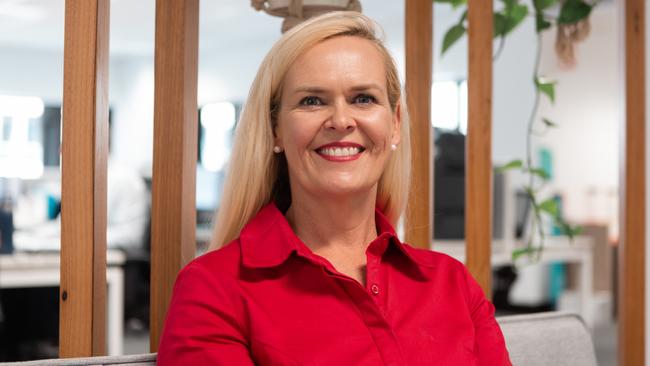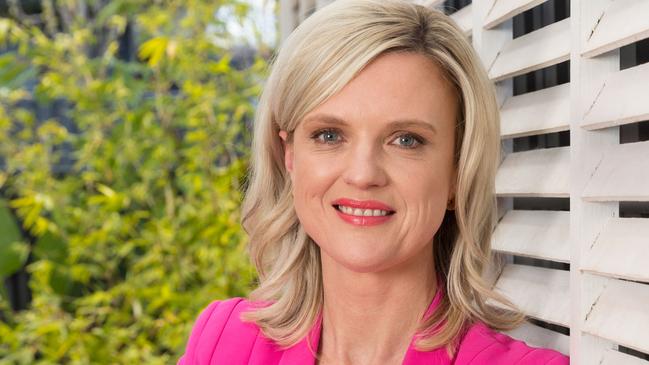Life insurance is about stages, not ages: how to protect your family
Don’t rely on super to protect your loved ones. You can uncover how much life insurance you need by asking a few key questions.

Spending money on stuff you hope to never use sounds like a weird financial strategy, but it’s necessary.
Fire extinguishers, home security alarms, and toilet plungers make the list, although the most powerful expense on it is life insurance.
Knowing when to protect your family and yourself with life insurance is about life stages rather than ages, money experts say.
There are four key types of cover:
• Term life pays a lump sum when you die
• Total and permanent disability (TPD) pays a lump sum if you become disabled
• Trauma (or critical illness) cover pays if you suffer serious sickness such as cancer or stroke
• Income protection insurance pays a portion of your wage if you can’t work through illness or accident.

Australians are generally underinsured, and Crystal Wealth Partners director Louise Lakomy says life but insurance is often good to get early when “it’s better and cheaper” because there are no pre-existing health conditions.
“When people are younger they think they will live forever,” Lakomy says.
“They don’t have dependants and often are still living at home.”
Here are the key life stages for taking out cover.
HELLO CHILDREN
Lakomy says the major factor prompting people to seek life insurance is when they have children.
“All of a sudden it’s not about them – it’s about someone they love more than themselves,” she says.
Financial planners and insurance advisers can help people work out what cover they need, and there are plenty of free insurance calculators online. Moneysmart.gov.au’s life insurance calculator takes about five minutes – include all costs of raising children, especially school fees.
Lakomy says there is a danger in potential parents waiting until they’re pregnant before buying life insurance, because it’s treated as a medical condition and may be excluded or more expensive.
HEAVIER DEBTS
Childless couples should increase their life cover if they take on extra debt – such as a mortgage – and don’t want to leave their partner in a huge financial hole.
A single person with a home loan should at least have income protection, disability cover and possibly trauma insurance.

Lakomy says as debts are paid off, insurance can be reduced.
“If they are debt free, what do they need to cover a mortgage for?” she says.
Money coach Karen Eley says life insurance is really determined by your financial position rather than your age and career.
“For example, you may be 55-plus but if you still have financially dependant children, high living expenses or a mortgage, insurance is very valuable,” she says.
“Insurance is all about transferring financial risks away from you and your family and on to an insurance company, so it is about assessing your own situation.”
OLDER AND RICHER
Life insurance can be reduced then eliminated when life’s big expenses and debts disappear, your assets grow to a comfortable level, or you receive an inheritance.
“Once you hit 55, the premium rates escalate quickly and can often become too expensive, so you need to assess the cost-benefit of having as much,” Eley says.
“If your cover is through your super in your 60s it could be eating away at your retirement funds.”
Talk to adult children and grandchildren about the benefits of them getting cover early.

Builder.ai sales development representative Gale Go, a former claims specialist, says starting young delivers cheaper premiums because of lower health and mortality risks.
“There’s a wrong perception that if you get life insurance it’s because you’re thinking of death, but it’s not,” she says.
“Think of your family, loved ones and most specifically if you have kids, putting value on the money you’ll spend paying the premiums.”
AVOID THESE TRAPS
• Be clear on how much you need, so you’re not wasting money, and seek advice if unsure.
• Consider superannuation for life and disability cover as it’s often cheaper and paid for by employer contributions.
• If you have income protection cover outside super, don’t forget to claim a tax deduction for it annually.
• Tell your insurer if you’ve stopped smoking as non-smoker premiums are half the price.
Source: Money coach Karen Eley






